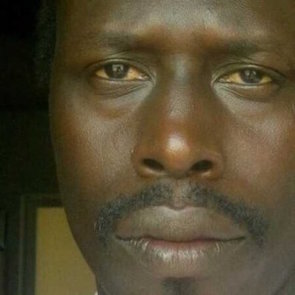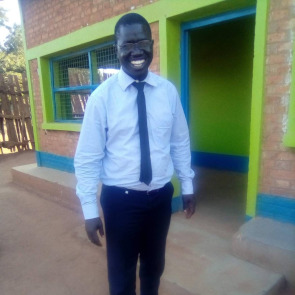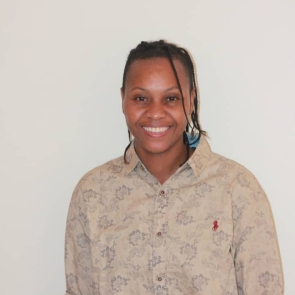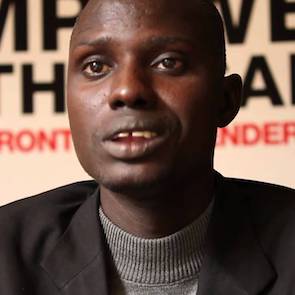#South Sudan
#South Sudan
HRDs in South Sudan face a number of challenges, most of which appear to be exacerbated by the fact that this is a new nation undergoing a difficult political transition and periodic bouts of instability. The country's early post-independence gains were depleted by a recent civil war that flared up in December 2013 as a result of an apparent power struggle between President Salva Kiir and Vice-President Riek Machar. The crisis quickly degenerated into an ethnic conflict pitting members of the majority ethnic groups of Dinka (the group president Salva Kiir originate from) against the Nuer (the group vice-president Riek Machar originate from). During this period of insecurity that affected different regions of the country, including Juba, the capital, many human rights defenders faced death threats and were forced to go into hiding or flee the country.
By early 2016, the level of violence had substantially gone down thanks to an internationally-brokered peace deal that was already in place. However, parties to the conflict were still finding it hard to implement key components of the deal, which increased fears that the hostilities could resume at any moment. Meanwhile a number of prominent human rights defenders have returned back, but some have transitioned into other trades, including political activism. The most “at risk” HRDs are journalists who raise human rights issues in their regular reporting. The media outlets that are likely to be targeted are a few active radio stations whose programs touch on sensitive socio-political issues as well as a number of printed media organisations. Independent journalists are increasingly targeted by government, and the recent crisis has aggravated their situation. In this post-conflict polarized environment, several journalists were murdered in circumstances suggesting that they were targeted for criticising the Juba government and its conduct of state affairs. Many more continue to be detained based on the content of their articles or commentaries. Several others were forced into exile. Security organs are reported to be particularly hostile to the work of independent journalists and generally accuse these journalists of “betraying the nation.”
The issue of impunity for attacks on human rights defenders and journalists has never been addressed even not under the terms of the peace deal recently concluded. But impunity of public officials, not mentioning that of non-state actors, has always been a huge problem in the new nation. A newly-created coalition of human rights defenders is a move in the right direction towards proper management of security concerns expressed by human rights defenders and journalists, including the need for justice in connection with past attacks on them.






